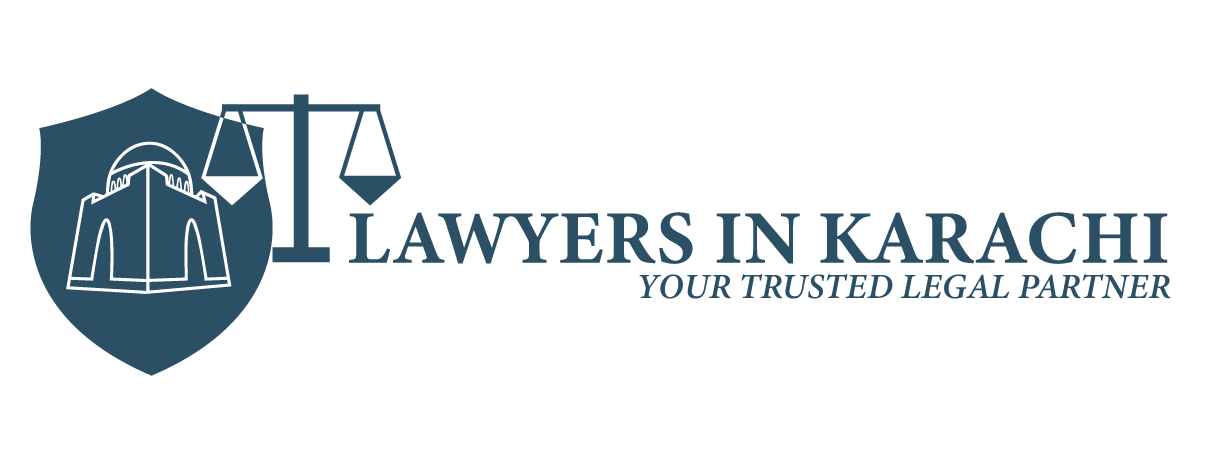Pakistani Advocate – A Guide to Roles and Responsibilities
In Pakistan, the legal system is built on principles of justice, fairness, and the rule of law. At the center of this system stands the Pakistani advocate, a professional responsible for representing clients, defending rights, and ensuring the fair application of laws. Whether in civil, criminal, family, or corporate matters, advocates play a vital role in guiding individuals and organizations through complex legal procedures.
This guide explains who a Pakistani advocate is, the qualifications required, the roles they perform, and the importance of their work in the justice system.
Who is a Pakistani Advocate?
A Pakistani advocate is a licensed lawyer who has obtained formal qualifications, passed the necessary examinations, and registered with the relevant Bar Council. They are legally authorized to appear before courts and tribunals, draft legal documents, and provide advice to clients.
Advocates in Pakistan are not only legal representatives but also advisors who help individuals and businesses make informed decisions in legal matters.
Qualifications to Become a Pakistani Advocate
The path to becoming a Pakistani advocate is both challenging and rewarding. To practice law, an individual must:
-
Educational Requirement: Obtain an LLB degree from a recognized institution.
-
Examination: Pass the Law Graduate Assessment Test (LAW-GAT).
-
Training: Complete pupilage under the supervision of a senior lawyer.
-
Enrollment: Apply for registration with the Provincial Bar Council.
After fulfilling these requirements, the candidate becomes eligible to represent clients in courts across Pakistan.
Key Duties of a Pakistani Advocate
The work of a Pakistani advocate extends far beyond the courtroom. Their primary duties include:
-
Legal Representation: Advocates represent clients in civil, criminal, family, or business cases.
-
Advisory Services: They provide legal advice to individuals and organizations about their rights and obligations.
-
Drafting and Documentation: Preparing contracts, petitions, legal notices, and agreements.
-
Advocacy for Justice: Defending the rights of clients and ensuring laws are applied fairly.
-
Mediation and Negotiation: Helping parties resolve disputes outside court through peaceful settlements.
These responsibilities require both legal expertise and strong ethical standards.
Types of Pakistani Advocates
Like other legal professionals worldwide, Pakistani advocates often specialize in specific areas of law. Common categories include:
-
Civil Law Advocates: Handle disputes over property, contracts, or damages.
-
Criminal Law Advocates: Defend individuals accused of crimes or represent the state in prosecutions.
-
Family Law Advocates: Deal with issues such as divorce, child custody, and inheritance.
-
Corporate Advocates: Assist companies with legal compliance, contracts, and mergers.
-
Constitutional Advocates: Focus on human rights and cases involving constitutional interpretation.
Specialization allows advocates to provide more focused and effective services.
Importance of a Pakistani Advocate in Society
A Pakistani advocate is more than a lawyer – they are a guardian of justice. Their importance can be understood in several ways:
-
Protecting Rights: Advocates ensure that citizens are not deprived of their legal or constitutional rights.
-
Ensuring Fair Trials: They safeguard clients against unfair treatment in courts.
-
Simplifying Complex Laws: Advocates explain complicated laws in simple terms to their clients.
-
Maintaining Legal Order: By practicing within ethical boundaries, they strengthen trust in the justice system.
Without advocates, the legal system would be inaccessible for many people.
Challenges Faced by Pakistani Advocates
The profession of advocacy in Pakistan is demanding and comes with challenges such as:
-
Case Backlogs: Courts often face heavy caseloads, which can delay justice.
-
Ethical Responsibilities: Balancing client interests while following professional ethics.
-
Evolving Laws: Advocates must stay updated with legal reforms and new precedents.
-
Social Pressures: Many cases involve sensitive family, cultural, or political issues.
Despite these challenges, advocates continue to serve as pillars of justice in society.
Rights of a Pakistani Advocate
While advocates fight for the rights of their clients, they also enjoy certain rights that enable them to perform their duties effectively:
-
Right to appear before courts and tribunals.
-
Right to charge professional fees.
-
Right to respect and dignity within the legal community.
-
Right to protection under laws governing advocacy.
These rights give advocates the independence and authority needed to serve their clients.
How a Pakistani Advocate Helps Clients
For individuals unfamiliar with legal procedures, a Pakistani advocate is an essential guide. Advocates help clients by:
-
Explaining legal implications of contracts and agreements.
-
Representing them in disputes, hearings, or negotiations.
-
Offering preventive advice to avoid future legal conflicts.
-
Guiding businesses and families in regulatory compliance.
Their expertise ensures that clients are always aware of their rights and responsibilities.
Conclusion
A Pakistani advocate is an essential part of the justice system, ensuring fairness, protecting rights, and representing clients at every level of the legal process. Their dedication, knowledge, and commitment to justice make them invaluable for both individuals and organizations.
Whether it involves civil disputes, criminal defense, family matters, or corporate compliance, seeking the services of a skilled Pakistani advocate is the most effective way to navigate the complexities of the legal system.




